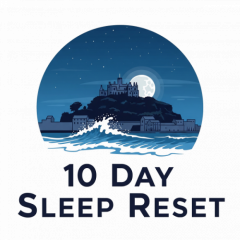Itching For a Cure? Hypnotherapy Can Help with Skin Conditions
This month I am focusing on how hypnotherapy can help with the management of skin conditions.
As many of us who have suffered from these conditions will know, peeling off those extra layers of clothing and exposing skin to the summer sunshine may be good for us. But we do not want others to see our skin.
Thousands of people suffer with the discomfort, stress and embarrassment that skin conditions, such as psoriasis and eczema, can bring. These conditions are usually not life threatening. But they can cause untold misery to those who have to deal with them day in and day out.

The skin is our largest organ as well as the most visible, especially during the summer months. Whether it is through sweating when we are too warm, shivering when we are too cold, or doing its job of getting rid of toxins and waste through the skin, this piece of body ‘covering’ has a lot of work to do. It is often the first place where any signs of illness, stress and imbalance in our lives, physically or psychologically, shows itself. As those who suffer are only too aware, the more we worry about the state of our skin, the worse it seems to get!
So where does hypnotherapy come in to the treatment of these conditions? Well, it seems that us hypnotherapists have been working with clients with these conditions for years.
Some of us may be aware that there is often a mind-body connection with some common skin conditions, so this is often where support from hypnotherapy can help. To give you some more detail…
In order to do its work, the skin contains millions of nerve endings which are closely connected to the brain, which is our body’s main ‘Control Centre’. Because of these links to our nervous system, the skin is very closely connected to our emotional responses, as well as those physical ones.
For example, goose bumps when we are afraid, blushing when embarrassed, and so on. When we feel stressed, these emotional responses can make some skin conditions worse if you have them already. Or can in some cases bring them on.
Pain control.
Hypnotherapy is a great way to reduce stress levels in general. We understand that stress and anxiety affect the chemical responses in the body and mind. Hypnotherapy can really help to recreate that sense of balance. This is shown to improve skin conditions in general. There is mounting evidence to show that hypnotherapy is very helpful for pain control too. It is helpful for reducing the stress and chemical responses that cause flare-ups. It can also reduce the pain that’s associated with them. We work in a way that helps the client to manage stressful situations more effectively. Thus reducing the possibility of re-occurrence.
I encourage clients to focus on how they want things to be. We avoid problem-talk and instead help our clients to visualise their preferred future. By encouraging clients to think and express themselves positively, we can help to improve their outcomes and say goodbye to skin conditions.






